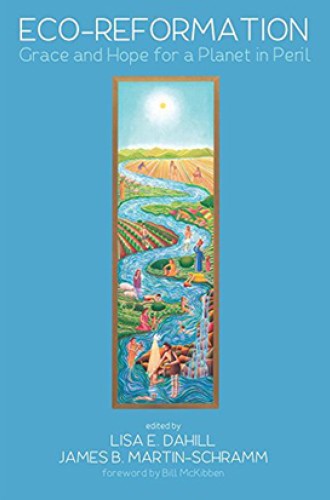Faith for the earth's survival
Environmental sustainability requires a Reformation-scale paradigm shift.
This book’s theological resources for the critical task of healing the planet engage a wide range of Christian thought. Every author in the collection either implicitly or explicitly claims that the divisions between science and religion are not only unhelpful but downright harmful when it comes to tackling climate change, pollution, eco-racism, and species extinction.
Ernest L. Simmons, for example, insists that “all education is environmental education.” A professor at a Lutheran college, Simmons calls for schools in the liberal arts tradition to form critical, courageous citizens for global and local ecological leadership that engages the scientific and social complexities of our time. Similarly, Lisa E. Dahill describes a process of “rewilding” Christian spirituality that involves healing the rift between religion and science so that each may be in conversation with, and enhanced by, the other.
All the authors use the paradigm shift of the 16th-century Protestant Reformation to frame the shift that is needed today for an environmentally sustainable future of global systems. Bill McKibben, in the foreword, insists on the need to “switch from [a] world of centralized energy to a distributed model that depends on local sun and wind. It’s not entirely different from the move from a central church to the localized autonomy of Protestantism.” To this end, Norman C. Habel’s contribution is a new set of critiques (á la Martin Luther) of contemporary society and its power structures: “Ninety-Five Eco-Theses.”



